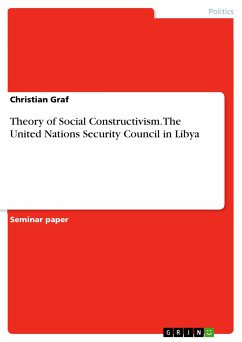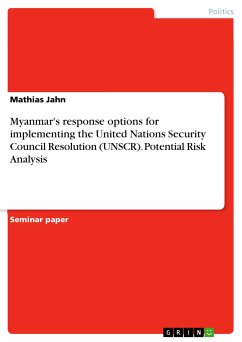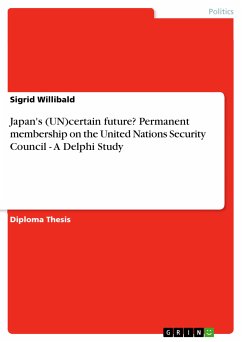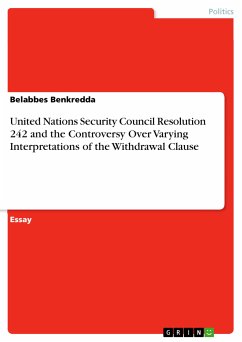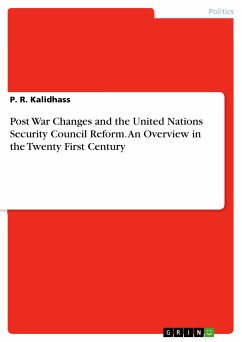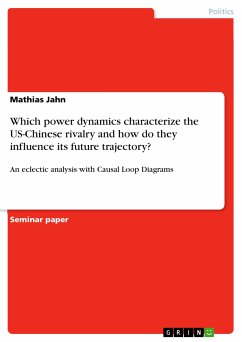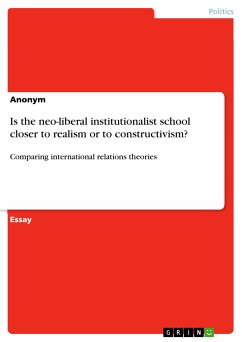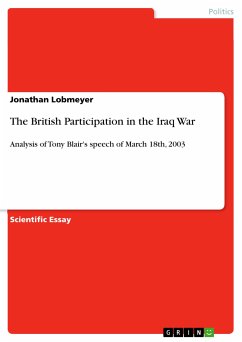Seminar paper from the year 2014 in the subject Politics - Topic: Peace and Conflict, Security, grade: 1,3, University of Bamberg, language: English, abstract: The United Nations (UN) in international relations is considered to be a supranational organization. Currently the UN consist of 193 Member States and it stresses out four main purposes, which are maintaining peace and security, developing friendly relations amongst states, helping states to work together and being a centre for harmonizing the actions of nations (cf. www.un.org/en/aboutun). Additionally the UN is seen as a collective security system, which offers states to settle down any disputes and for solving social, economic, humanitarian and ecological problems on international level (cf. Gareis/Varwick 2006: 85). According to this purposes, the UN has acted and authorized multilateral interventions in many states, which were affected by conflicts. The Libyan conflict in 2011, as an example, was one of the cases where the UN has responded to. The actions and the multilateral intervention in Libya leaves questions. How does the UN shape the behavior of its Member States and why does the UN act in general? The theory of social constructivism by Alexander Wendt, can provide an explanation to these questions. The theory defines balances of power between states and explains the behavior of states. Furthermore it claims that international relations are social and the international system is constituted by ideas (cf. Jackson/Sorensen 2006: 162). But the main question which shall be discussed in this term paper is therefore: "How can the theory of social constructivism explain the actions by the United Nations Security Council in Libya?" First of all core assumptions of social constructivism has to be discussed in order to explain further analysis of this term paper. After the illustration of the core assumptions of social constructivism, the powers and functions of the UN Security Council shall be described, because the Security Council, as one of the most important main body of the UN, is the only executive body that act regarding any threat of peace and security. Thereafter the situation in Libya, as the empirical example have to be mentioned. What exactly happened in Libya and what did the UN especially the Security Council do? Altogether with the core assumptions of social constructivism, the theoretical knowledge of the Security Council and the information of the Libyan conflict, the main question shall be answered. At the end the conclusion shall summarize the term paper¿s outcome of the analysis.
Dieser Download kann aus rechtlichen Gründen nur mit Rechnungsadresse in A, B, BG, CY, CZ, D, DK, EW, E, FIN, F, GR, HR, H, IRL, I, LT, L, LR, M, NL, PL, P, R, S, SLO, SK ausgeliefert werden.

